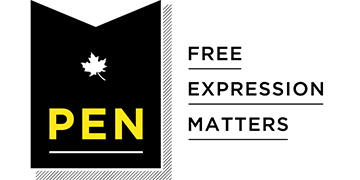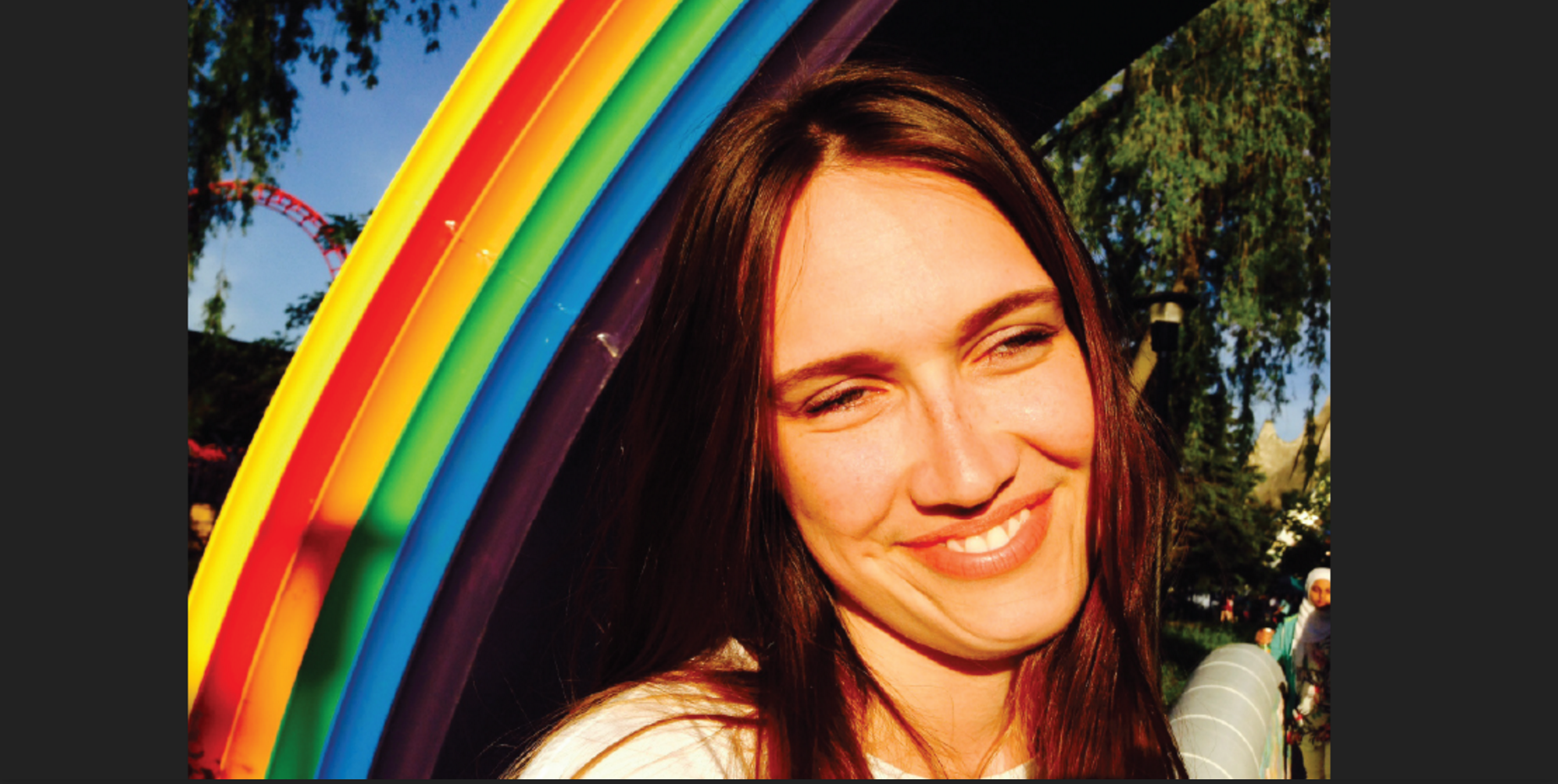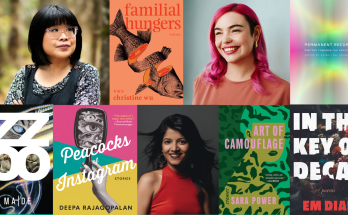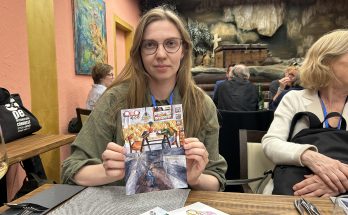PEN Canada nominates Laura Legge for the 2016 PEN International New Voices Award
PEN Canada is proud to announce Toronto writer Laura Legge as the Canadian nominee for the 2016 PEN International New Voices Award competition. Thank you to jurors Dionne Brand, Emily Keeler and Nino Ricci, and to the many writers who submitted their work.
The New Voices Award is in its fourth year, and aims to support and celebrate the work of emerging writers around the world. The 2016 competition is the first to include journalism and literary non-fiction. The winning entry chosen by PEN Canada is awarded a prize of $1,000 (CAD) and entered into PEN International’s competition, where the successful submission is translated into PEN’s three official languages (French, English and Spanish), published by PEN International and awarded $1,000 (USD).
PEN Canada got to know our 2016 nominee with a Q&A:
Four Questions with New Voices Nominee, Laura Legge
PEN Canada: The New Voices Award is all about encouraging young writers. What are the issues facing emerging writers in Canada?
Laura Legge: I cannot speak to the experience of all emerging writers in Canada. I am sure writers in Asubpeeschoseewagong First Nation, let’s say, or writers who have become enmeshed in the criminal justice system, face distinct issues. They should be invited to speak openly about those truths, with support, in diverse outlets.
I can say that, across Canada, writers make very little money, and emerging writers often have little external proof of the validity of their chosen vocation. But we are resourceful. We find ways to feel both peaceful and cherished. I am grateful for the literary magazines, grants, awards, and relative linguistic freedom available to me here.
This is the first year that the New Voices Award has accepted creative non-fiction and journalistic submissions. You are a poet, a short story writer, a letter writer, and we’ve heard that you write essays as well. How does your voice change across these different forms?
The writers I admire most write across forms. I’ve been reading a lot of Roberto Bolaño lately. I love the work of Aimé Césaire and Octavio Paz and Simone Weil. I admire people, not just writers, who do assorted things. My brother, for instance, works for a non-profit and is also a painter and an electronic musician and a sick basketball player. Our parents taught us the value of having facets when we were young’uns. Shout out to them for being incredibly cool.
The question of voice is an interesting one. I would say that generally I try to use the language available to me at any given moment to explore whatever matter is rasping against my conscience. It seems more natural to speak poetically in the context of a story than in the context of an essay, but poetic essayists like Ta-Nehisi Coates disprove that quite nicely. So really, I think I just try to pick the right words at the right time and maybe they are constituents of some sort of voice.
Your winning submission is about a woman with a traumatic story that is never told. What do you think are the most difficult stories for us to tell? Are there any topics that you avoid?
I’ve been volunteering for a few years with women who are either currently incarcerated or who are coming out of situations of incarceration, and before that I volunteered for an assaulted women’s distress line for just under ten years. I often think about violence and its aftermath, what some might name trauma. Under what conditions might a person benefit from verbalizing their grief? How can language facilitate or negate “healing,” whatever that nebulous term means?
Part of the value of fiction is that we can create whole three-dimensional worlds in which to explore our philosophical, ethical, and political questions from different angles. As such I don’t think I avoid any topics. Maybe I do and I am just not aware of it yet. When I was doing my MFA, we had Claudia Rankine as a visiting lecturer. Someone asked her if there were particular topics we shouldn’t write about––the student, I think, was asking about writing beyond our lived experience. And Ms. Rankine said something to the effect of, “You should tell any story you are compelled to tell. But first ask yourself, Why do I want to write this?” I think the why, the intent, is significant.
PEN believes writing can change the world. Is that something you think about when you write?
I also believe that writing can change the world. I think it does that first by changing the writer. I once read this amazing answer that Thich Nhat Hanh gave to a retreatant’s question. Someone who self-identified as an activist asked him what one can do in the face of global suffering. And he answered, “We have to make peace and reduce the suffering in ourselves first, because we represent the world.” I think the artist takes care of the world by first taking care of themselves.
Laura Legge is a writer and basketball nerd from Toronto. She was a finalist for the 2014 CBC Short Story Prize and the 2013 Writers’ Trust/McClelland & Stewart Journey Prize.




